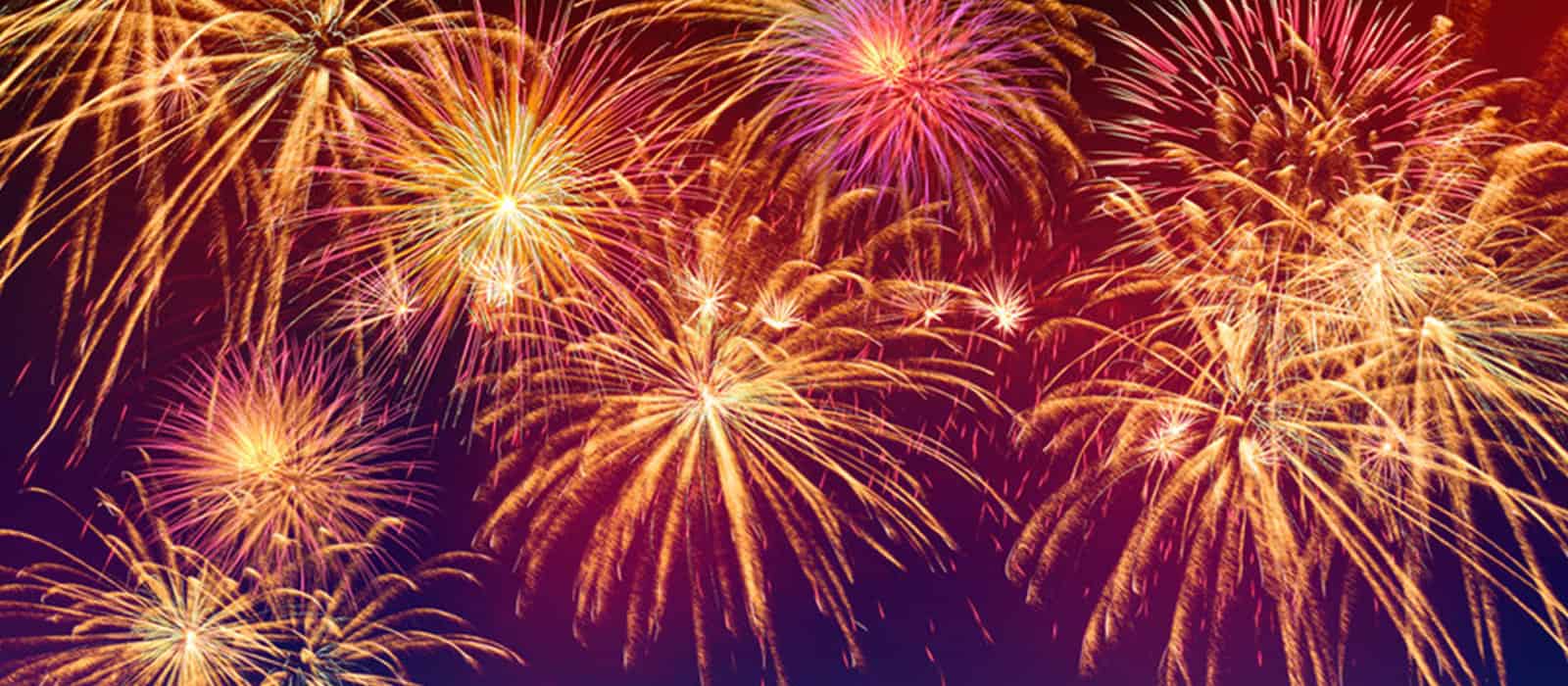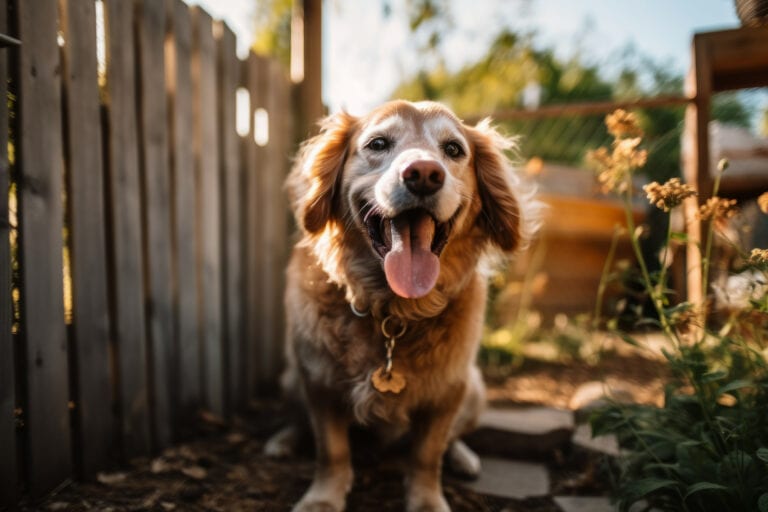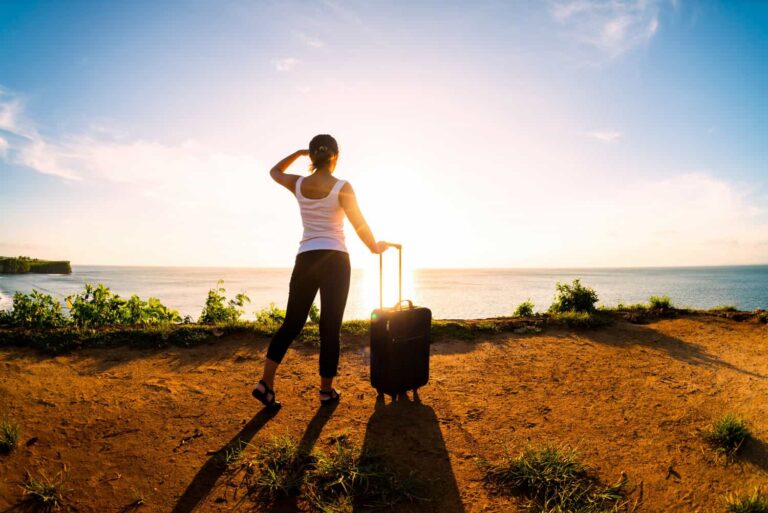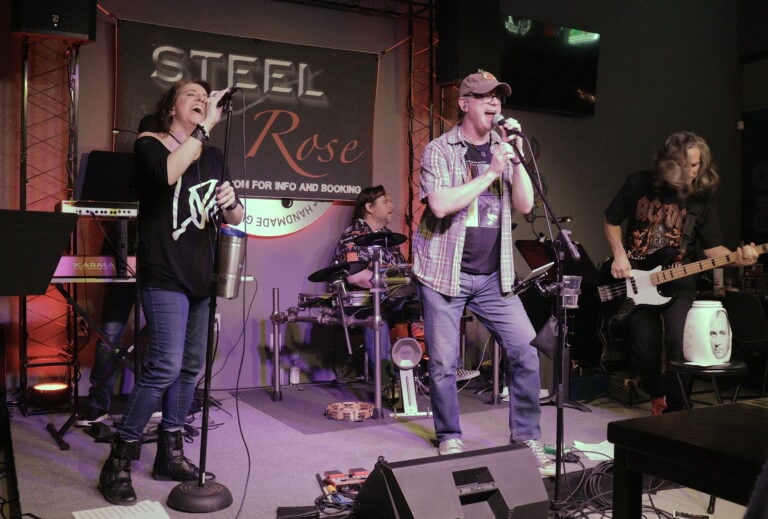Fireworks Safety Tips
Whether you are planning on being extremely hands-on with fireworks this July 4, or you will be around people who will, it’s important to practice good safety habits. Below is a fairly lengthy list of tips from the National Council on Fireworks Safety and the United States Consumer Product Safety Commission.
- Know your fireworks; read the cautionary labels and performance descriptions before igniting.
- A responsible adult SHOULD supervise all firework activities. Never give fireworks to children.
- Alcohol and fireworks do not mix. Save your alcohol for after the show.
- Wear safety glasses when shooting fireworks.
- Light one firework at a time and then quickly move away.
- Use fireworks OUTDOORS in a clear area; away from buildings and vehicles.
- Never relight a “dud” firework. Wait 20 minutes and then soak it in a bucket of water.
- Always have a bucket of water and charged water hose nearby.
- Never carry fireworks in your POCKET or shoot them into METAL or GLASS containers.
- Do not experiment with homemade fireworks.
- Dispose of spent fireworks by wetting them down and place in a metal trash can away from any building or combustible materials until the next day.
- FAA regulations PROHIBIT the possession and transportation of fireworks in your checked baggage or carry-on luggage.
- Report illegal explosives, like M-80s and quarter sticks, to the fire or police department.
- Don’t bring your pets to a fireworks display, even a small one.
- If fireworks are being used near your home, put your pet in a safe, interior room to avoid exposure to the sound.
- Make sure your pet has an identification tag, in case it runs off during a fireworks display.
- Never shoot fireworks of any kind (consumer fireworks, sparklers, fountains, etc.) near pets.
- Never allow young children to play with or ignite fireworks.
- Avoid buying fireworks that are packaged in brown paper because this is often a sign that the fireworks were made for professional displays and that they could pose a danger to consumers.
- Always have an adult supervise fireworks activities. Parents don’t realize that young children suffer injuries from sparklers. Sparklers burn at temperatures of about 2,000 degrees – hot enough to melt some metals.
- Never place any part of your body directly over a fireworks device when lighting the fuse. Back up to a safe distance immediately after lighting fireworks.
- Never try to re-light or pick up fireworks that have not ignited fully.
- Never point or throw fireworks at another person.
- Never carry fireworks in a pocket or shoot them off in metal or glass containers.
- Make sure fireworks are legal in your area before buying or using them.







